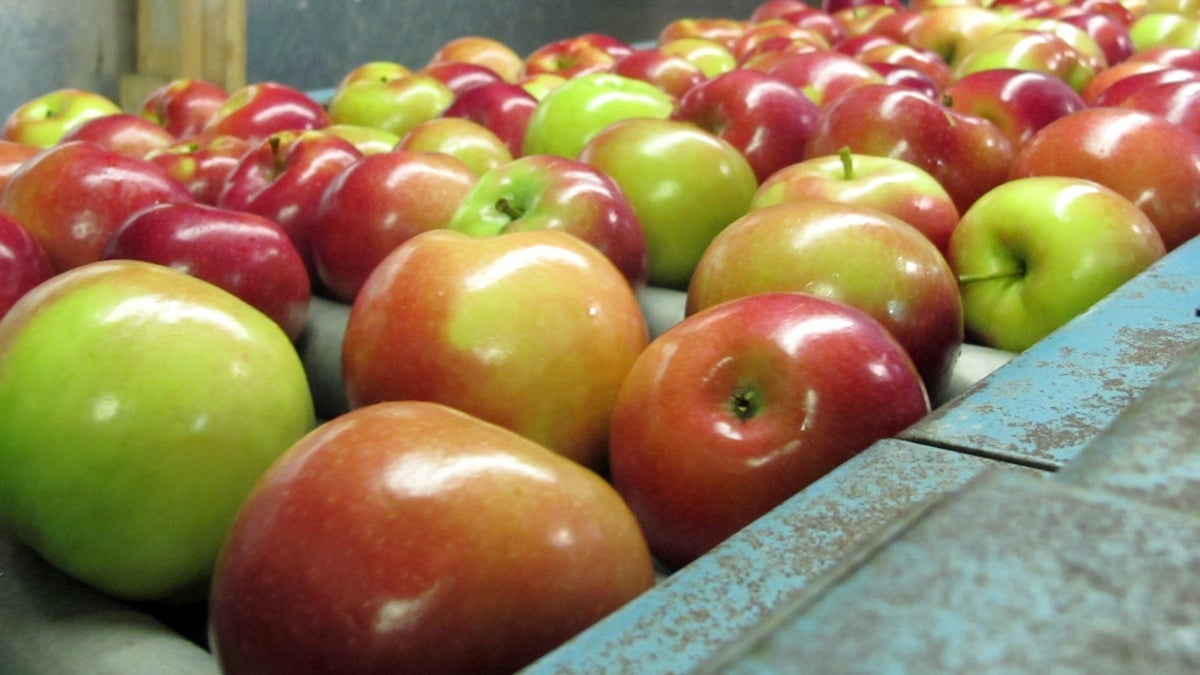Fiber may be as good for your lungs as it is for your guts
Can’t stop wheezing? Eat some fruit. According to a study published in Nature Medicine (paywall), an increase in dietary fiber could make you less susceptible to allergic asthma attacks.


Can’t stop wheezing? Eat some fruit. According to a study published in Nature Medicine (paywall), an increase in dietary fiber could make you less susceptible to allergic asthma attacks.
Found in fruits, vegetables, whole grains and legumes (like beans and lentils), dietary fiber is already an important part of a healthy diet. Fiber is made up of all the plant material a human body can’t absorb, so it isn’t digested. But both kinds of fiber—soluble and insoluble—contribute to a healthy gut. While insoluble fiber passes through the body quickly (which keeps your bowel movements regular), the former attracts water, creating a gel that slows digestion. This makes you feel more full, which contributes to weight loss, and also seems to slow the absorption of “bad” cholesterol.
In the new study, mice who ate more pectin (a soluble fiber) before being exposed to dust mites produced fewer of the immune cells associated with asthmatic inflammation. The researchers are pointing fingers at Western diets: Researcher Benjamin Marsland told New Scientist that the study may explain a long-suspected link between asthma and gut bacteria, and that it may “partially explain the asthma epidemic we have seen in the Western world.” Indeed, a study that measured fiber intake in US adults between 1999 and 2008 found their consumption to be stagnant, and hovering at an average of less than 16 grams a day—though the recommended intake is 25 to 38 grams a day. From a dietary perspective, Marsland said, it’s not a bad idea to eat a little—or a lot—more fiber.